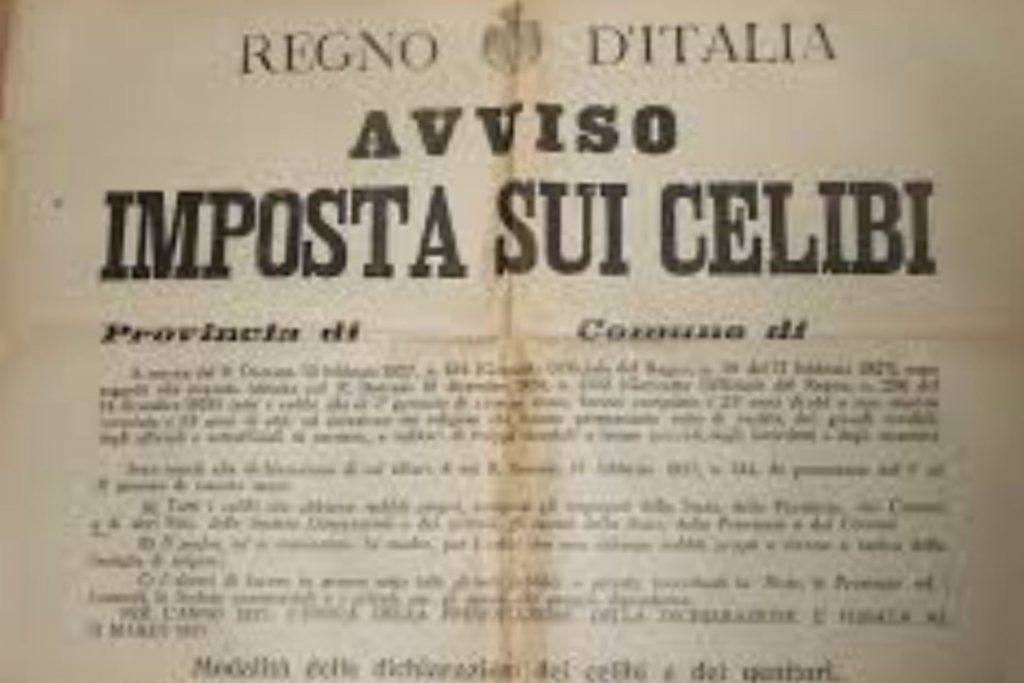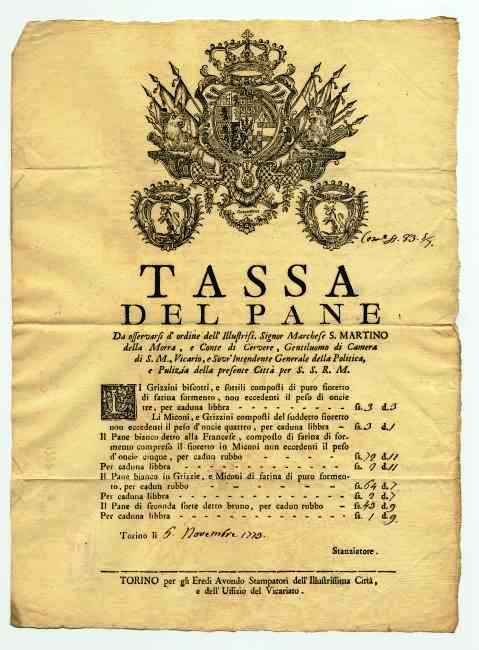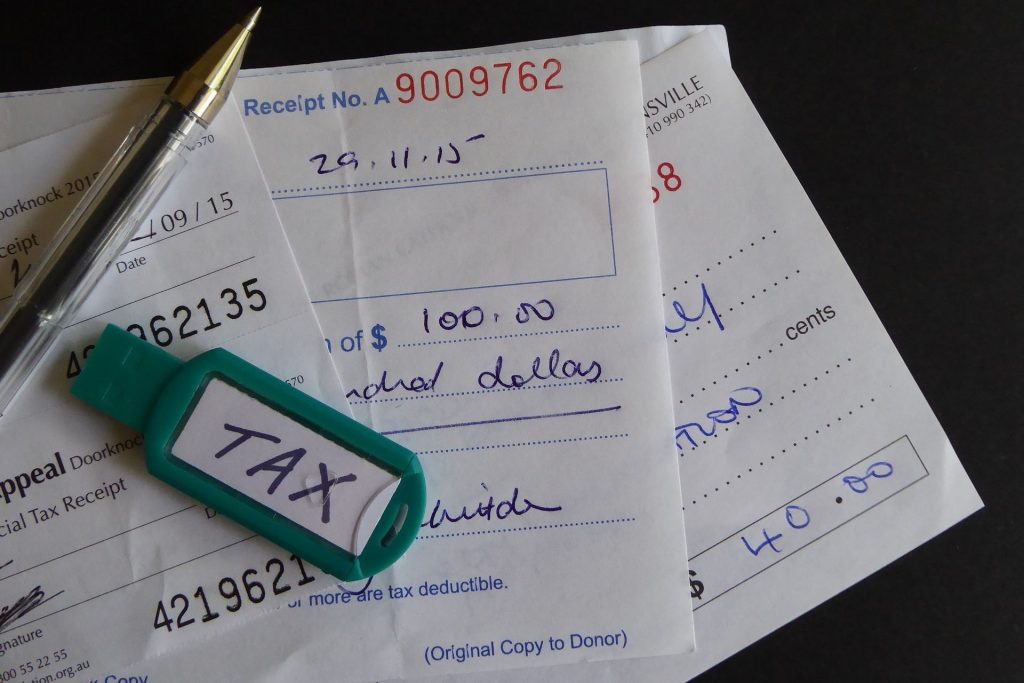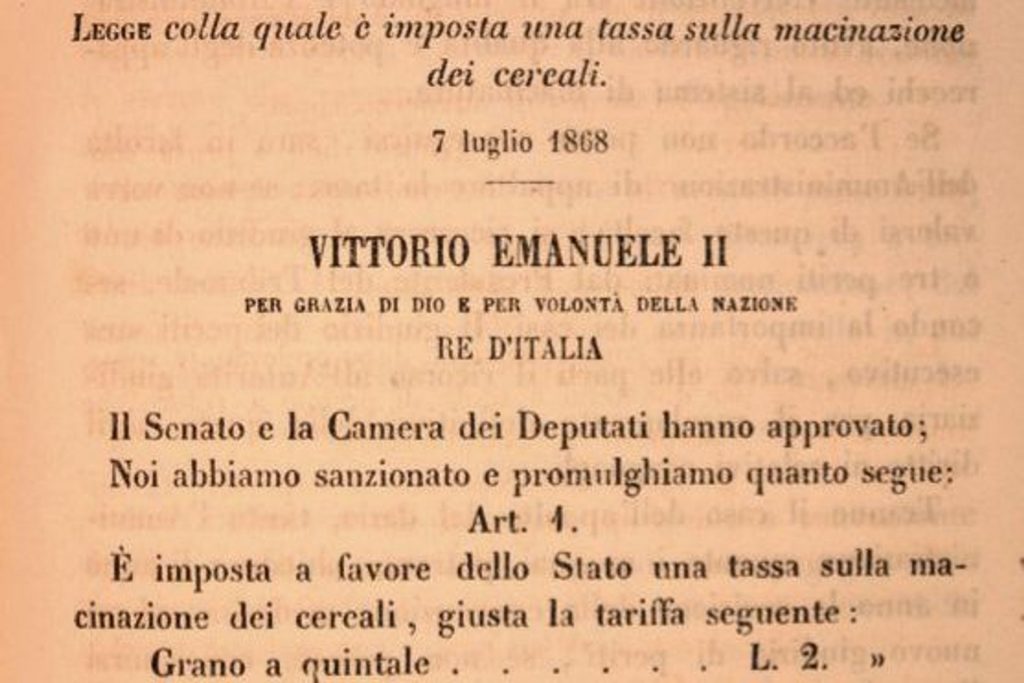When the real problem is not the “how much” but the “why”
The issue of tax pressure in Italy is never addressed from the point of view of the people, but always and only from the technical point of view, i.e. that of the Government.
In Italy, since time immemorial, people have been complaining about taxes. The phrase “Rain, thief government!” has become proverbial and reflects a sentiment about the State and the management of public affairs that says a lot about the attitude, between melancholy and fatalistic, with which Italian citizens accept tax impositions.
And yet, taxes should be one of the most virtuous prerogatives of a modern, civilized and democratic country: the fact that the more fortunate part of the nation takes on, at least in part, the burden of the more uncomfortable part should be one of the first symptoms of a community feeling, of a cohesive state.
A century and a half of incorrigible “southern question”

A national community far from being established
Certainly, it must be said that, since the birth of the Italian state, the idea of a national community, which we find in many other European countries, has never made its way into people’s minds: the state, in short, has always been seen as something extraneous and, at times, invasive, rather than as the sum and synthesis of the mass of citizens.
“We are the State” is not a maxim applicable to Italy. In recent times, then, with the disproportionate growth of public debt and the related increase in tax pressure, the general intolerance towards taxes has become a hot topic.
And, as with all hot topics, it has been swallowed up by TV talk shows, debates and even appearances: it is now very frequent that some cheap economist or some former beauty in disarmament address, with unusual verve, the peculiar theme.
Don’t ask us for words: in Italy we no longer have any…

Statistics do not (almost never) permeate the truth of things
The only thing is that the “vexata quaestio” is always approached from a single point of view, namely that of numbers: Italian television gives numbers, ultimately, but does not get to the essence of things.
Because, if one examines Italian tax revenues, compares them with the percentage pressure and, finally, compares these data with European ones, the picture that emerges is not so catastrophic: there are several countries that pay more than us to the tax authorities.
Italy, because differentiated autonomy “is” the Constitution
Italy, the legitimate implementation of differentiated autonomy
Italy, requested “certain times for differentiated regionalism”.
Italy, “On differentiated autonomy, the Government is ready”.
And, in fact, this is not the point: the real problem, never posed, of taxes in Italy is that of how all the money raked in from the work or consumption of the Italian people is spent.
The shame, or rather, what really makes decent taxpayers angry is the use, which to define carefree is highly reductive, of the enormous revenue from taxes: the reckless way, when not outright criminal, with which the rulers squander public money.
Yes, public: a magic word that, in Italy, takes on unexpected meanings: either it stands for something that does not really belong to anyone, a res nullius, so I can deface what is public, damage it, pollute it, so much so that no one will ask me to account for it; or it becomes a sort of private property of those who administer it and make the use they think best.
One hundred and sixty years of Italy, not even one year of federalism….

Taxpayers’ money is not America’s uncle’s legacy
In short, our taxes are being squandered by an army of satraps who administer them as they would administer the inheritance of America’s uncle. With the same guilty lightness of an unscrupulous heir.
Only that, unlike the unwary heir, they will never find themselves on the breadline: first, because the money is not theirs and, second, because this money never runs out.
And it is this attitude, the feeling that our money is being wasted, while it could be used to improve services and help those who are worse off, that makes taxation in Italy so odious.
It is like finding oneself, to reverse the famous saying, with an empty barrel and a sober wife. While, above us, they feast on our money.
That Italian Confederation born and buried in Zurich







